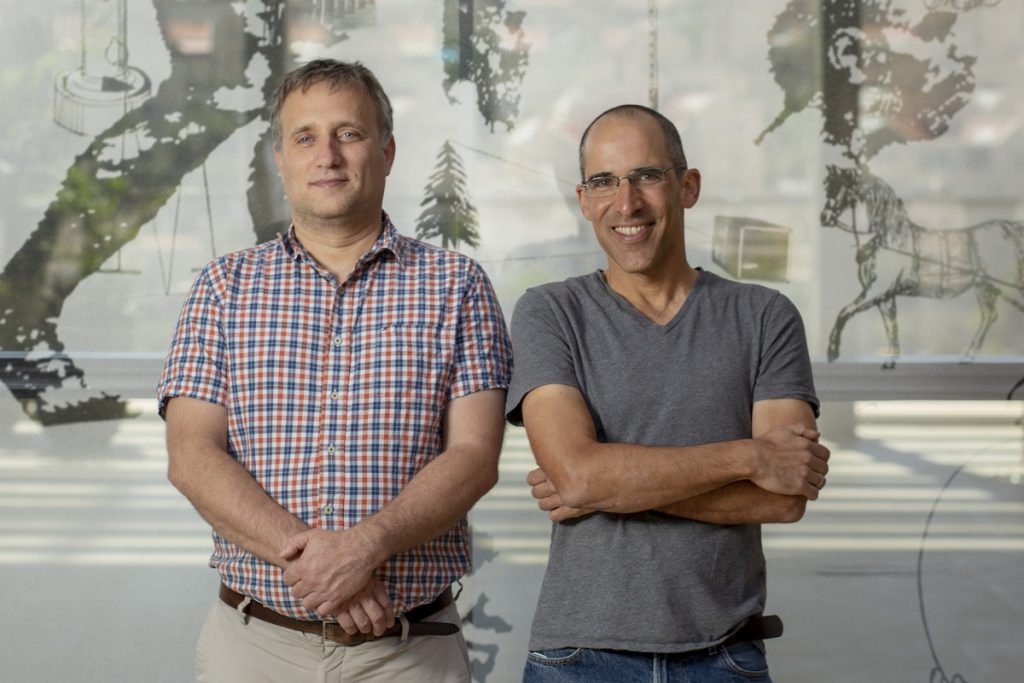What makes us human?

The labs of Prof. Eran Meshorer (ELSC) and Prof. Liran Carmel (The Alexander Silberman Institute of Life Sciences) recently received the prestigious John Templeton Foundation Award. This $1.54 million award was granted for their proposed project titled “What makes us human? Revealing the (epi)genetic basis of the modern human brain evolution.”
“We aim to extend our understanding of what makes us human by revealing the biological processes and genetic networks that led to the formation of the modern human brain,” said Prof. Meshorer. “We will use epigenetic gene regulation insights to explore the evolution of the modern human brain and compare it with the archaic one.”
Paleo-epigenetics, a scientific field dating to 2014, uses a method developed by Prof. Carmel and Prof. Meshorer to reconstruct methylation maps in ancient DNA. In this project, the Carmel and Meshorer labs will concentrate on the methylation changes in genes that could explain the social, behavioral and physical characteristics that are unique to modern humans. They also will use models of embryonic stem cells and the creation of nerve cells and “mini-brains,” which contain an epigenetic mark that characterizes archaic human groups such as Neanderthals and Denisovans.





